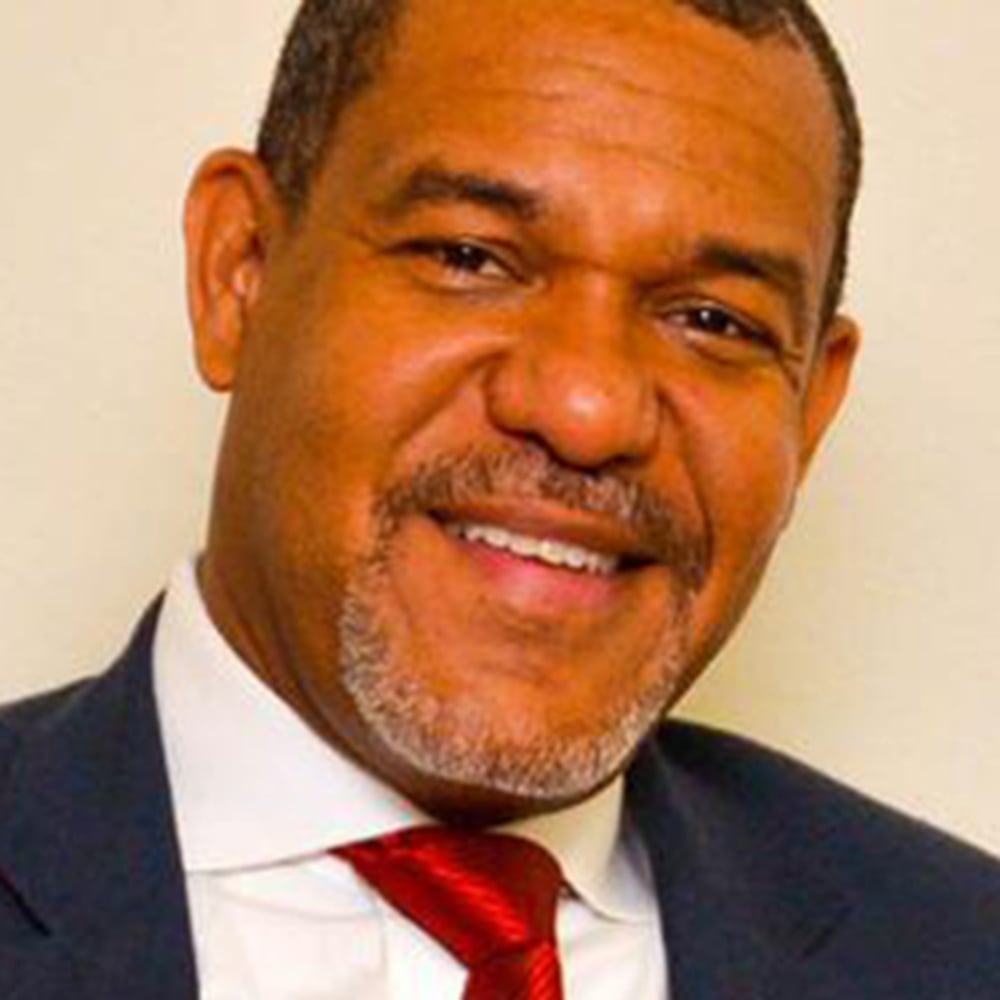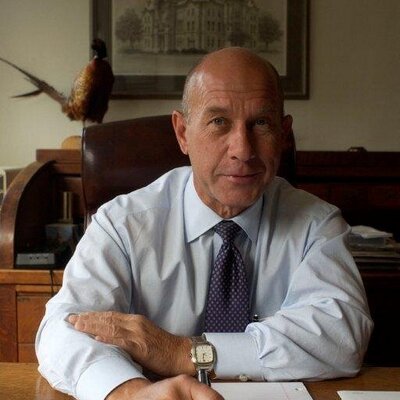Have you been waiting for a Skeet Jones update? Well, you’re in luck.
State regulators have suspended without pay the top elected official of Texas’s least-populated county after a grand jury indicted him for cattle rustling.
Judge Skeet Jones, patriarch of a powerful local family that holds many government positions of authority in the oil-rich Permian Basin county, was originally arrested in May 2022. But because of the close blood and political ties tangling up Loving County’s approximately five dozen residents, police had to search far outside its boundaries to find a grand jury to hear the charges.
Two weeks ago, a panel in Howard County, a three-hour drive east of Loving County, handed up the indictment for Engaging in Organized Criminal Activity – Theft of Livestock. Jones and three accomplices are alleged to have illegally rounded up stray livestock and sold them at auctions in Texas and other states. Jones has said he donated the proceeds to charity.
Also indicted on the same charge were Cody Williams, Jonathon Alvarado and Leroy Medlin, a former San Antonio police officer and Loving County sheriff’s deputy who most recently has worked as the Loving County courthouse custodian.
Records from the State Commission on Judicial Conduct show Jones was suspended without pay last Friday. Jacqueline Habersham, executive director of the commission, said that while the agency has discretion over how it treats judges with legal troubles, it almost always suspends those who are indicted until the charges are dismissed or they are acquitted.
“It’s a bad look” to have a judge accused of crimes ruling on other defendants, she said. Jones makes about $140,000 a year.
Jail records show Big Spring police took Jones into custody Tuesday and released him later in the day on $5,000 bond. Jones’s attorney, Jason Davis, did not immediately respond to a request for comment.
See here, here, here, and here for all my previous blogging on this topic. I cannot emphasize enough how absolutely bonkers and also binge-worthy this story is. I swear, if someone doesn’t make a miniseries about this eventually, I will riot. Because this story contains so many multitudes, I have to go back and quote some more, lest you miss the further bits of mind-boggling goodness later on.
While Jones has said he did not profit from the sales, Texas law requires stray cattle to be reported immediately to the local sheriff. Sheriffs in both Loving County and neighboring Reeves County said they were never notified, said Marty Baker, who investigated the rustling allegations for the Texas and Southwestern Cattle Raisers Association, a trade organization that maintains its own police force.
Baker, who has since left the cattle raisers association, originally had been called to Loving County when five stray cattle were discovered shot dead on a road outside of Mentone, the county seat. After hearing rustling rumors, he mounted a year-long investigation – including a sting operation in which Baker released a cow, calf and bull and watched as Jones and his team rounded them up and sold them at auction – that culminated in the arrest of the four men.
Although it didn’t come out until later, Baker was assisted in the investigation by Loving County Constable Brandon Jones, the judge’s nephew.
Baker said he had trouble convincing the local prosecutor to take on the case, presumably because of personal and political connections in the sparsely populated county. He said he contacted the Howard County district attorney because one of the auctions where Judge Jones allegedly sold the stray livestock was in Big Spring.
[…]
Loving County Commissioner Raymond King said state law now calls for the commissioner’s court to select an interim judge within 30 days. Normally, identifying a temporary replacement wouldn’t be complicated. But because one of the requirements is that the candidate must be a county resident, it could be here.
“Until we see who’s eligible, we’ll have to wait and see,” he said.
Insert the “Elmo fainting” GIF here. I also invite you to read this very brief story about the indictment of Skeet Jones and his three co-defendants, in which I learned that the word “estray” is, in common law, “any domestic animal found wandering at large or lost, particularly if the owner is unknown. In most cases, this implies domesticated animals rather than pets.” And now I feel like I don’t have to accomplish anything else today, because honestly, how can you top that?



















